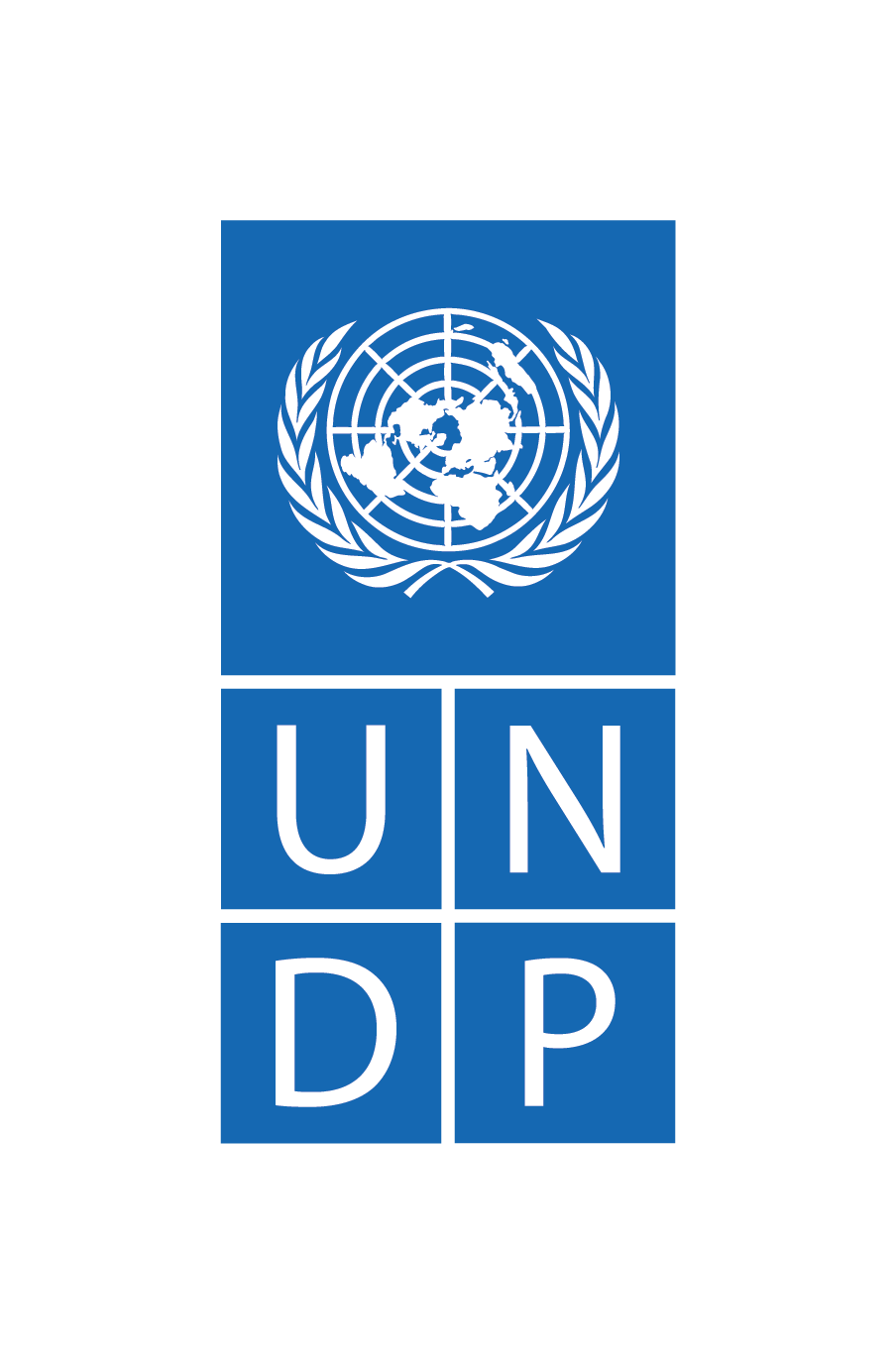UNDP’s strategy for health and development
The primary role of UNDP is to support country-led efforts to achieve the 2030 Agenda for Sustainable Development. As outlined in the UNDP Strategic Plan 2018-2021, UNDP’s support aims to eradicate poverty in all its forms and dimensions, accelerate structural transformation for sustainable development, and support governments to build resilience to shocks and crises. UNDP partners with governments, including ministries of planning and finance, and with law-making bodies, civil society, the private sector, and citizens, among other key stakeholders, to achieve these goals.
Health plays a central role in achieving the Sustainable Development Goals and is both a precondition and an outcome of sustainable development.
– Achim Steiner, UNDP Administrator
UNDP’s commitment to address HIV and other major health challenges is based on the principle that health is both a driver and outcome of development, and that actions across a wide range of development sectors have a significant impact on health outcomes. As a development agency, UNDP focuses on addressing the social, economic and environmental determinants of health. It embraces a human-rights based approach and looks through a gender equity lens to address the underlying drivers of health inequalities, including law, rights and policy barriers, to ensure that all populations have equal access to safe and affordable medicines, vaccines, and other basic health services. Its activities to strengthen systems for health are guided by an emphasis on supporting governments to attain universal health coverage (UHC), an important target under SDG 3 (healthy lives for all) to advance equitable health outcomes.
UNDP’s work in HIV and health is carried out in close collaboration with a broad range of partners across development sectors, including governments, civil society organizations, UN agencies and other intergovernmental organizations, multilateral and bilateral donors, development banks, academia, the private sector and other development partners.
UNDP’s HIV, Health and Development Strategy 2016-2021
The UNDP HIV, Health & Development Strategy 2016-2021: Connecting the Dots outlines UNDP’s unique contribution to the global health response through its interconnected work to 1) reduce inequalities and social exclusion that drive HIV and poor health; 2) promote effective and inclusive governance for health; and 3) build resilient and sustainable systems for health. This work is undertaken by an integrated team operating across global, regional, country and local levels.

A key channel for UNDP’s engagement on health systems is its support to national governments to implement large-scale health programmes in challenging and high-risk country contexts (Action area 3.1). UNDP currently supports programme and policy interventions to strengthen systems for health in over 60 countries. This includes the implementation of HIV, TB, and malaria programmes funded by the Global Fund to Fight AIDS, Tuberculosis, and Malaria (Global Fund) in 19 countries and two regional programmes that cover an additional 12 countries in 2021. In other countries, based on demand, UNDP provides direct support to national partners for health implementation and systems strengthening, such as capacity-building to strengthen national institutions or support health procurement.
Resilient systems for health are needed more than ever where political turmoil persists and where natural disasters are most prone to strike. A targeted approach ensures the most vulnerable are reached. UNDP continues to work with governments to help focus on geographic areas of most need, or where epidemics present a public health concern. More investments in strengthening health and community systems can ensure that those most in need receive vital assistance.
UNDP’s role as an integrator
The breadth of expertise and country presence of UNDP puts it in a unique position within the UN System and global health landscape to help countries to ‘connect the dots’ on some of the most complex sustainable development issues. It is well placed to support countries in tackling the interconnected underlying determinants that drive progress in health.
All UNDP support for health programme implementation is complemented by capacity development of national institutions and implementing partners, coupled with engagement at the policy level to create enabling environments for health access. These efforts contribute to and draw from UNDP’s other health and development workstreams. For example, as part of promoting effective governance, technical support to promote anti-corruption, transparency and accountability within the health sector, in partnership with the Global Fund, WHO, and others, forms part of UNDP’s health systems strengthening activity.
All health interventions are also underpinned by efforts to ensure sustainability, including a focus on environmental sustainability. UNDP’s work on planetary health brings together efforts on climate action with health programming to offer win-win solutions for the health of people and the planet. For example, UNDP supports innovative initiatives that embed sustainability into health procurement practices and promotes the use of clean energy to reduce the carbon footprint of health facilities.
